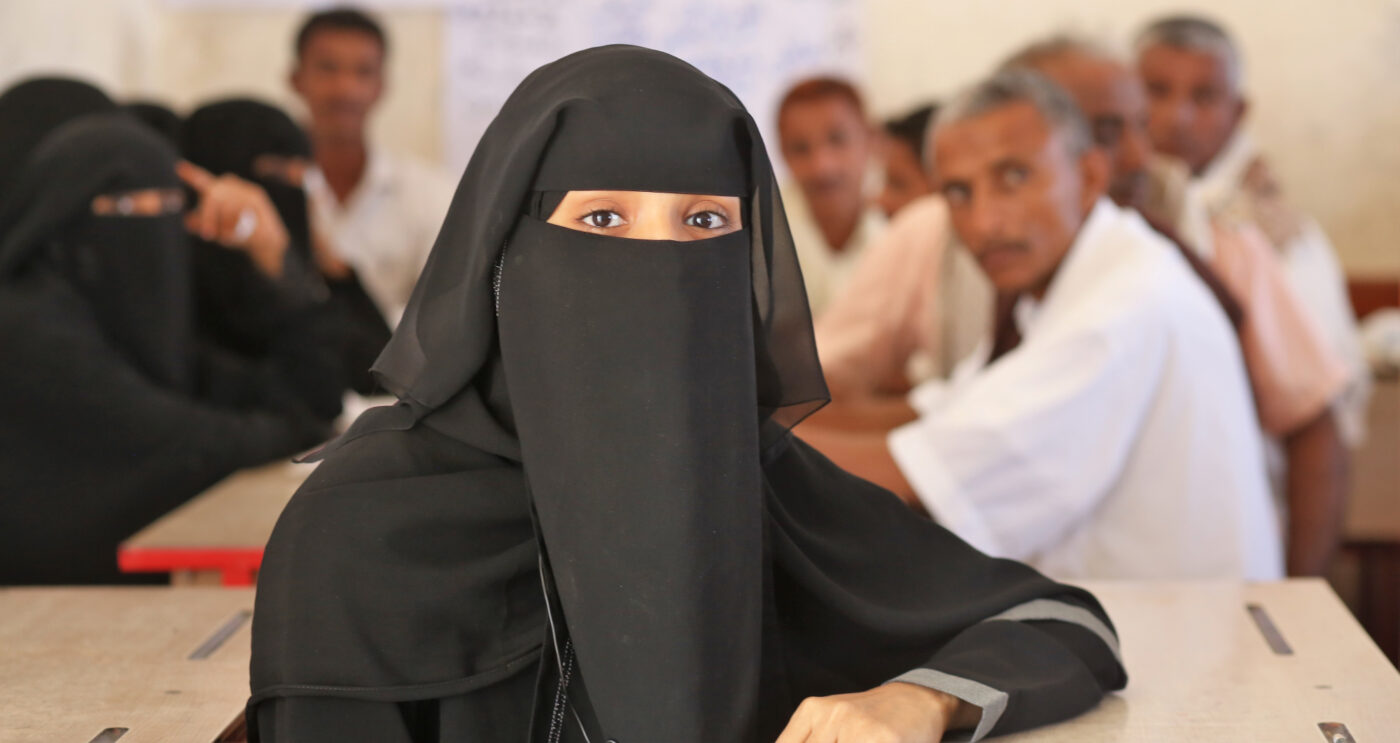The conflict in Yemen has seen a horrifying increase in gender-based violence (GBV). This troubling phenomenon underscores the need for urgent international intervention and accountability.
The warring parties in Yemen have utilized GBV as a tactic to instill fear and exert control over populations, disproportionately affecting women and children. Women and girls in Yemen have faced rape, forced marriage, and sexual slavery. These acts are often perpetrated by armed groups as a means of terrorizing communities and asserting dominance. Also, there has been a disturbing rise in the recruitment of child soldiers, who are not only forced to fight but also subjected to sexual violence. Both boys and girls are exploited, with girls particularly vulnerable to sexual abuse.
Under International Humanitarian Law (IHL) and International Human Rights Law (IHRL), all parties to the conflict in Yemen are obligated to protect civilians, including from GBV. Concerning the IHL, The Geneva Conventions and their Additional Protocols explicitly prohibit rape and other forms of sexual violence in armed conflict. All parties in Yemen are bound by these rules, which classify such acts as war crimes. On the other hand, IHRL instruments such as the Convention on the Elimination of All Forms of Discrimination Against Women (CEDAW) and the Convention on the Rights of the Child (CRC) obligate states to protect individuals from GBV, including in times of conflict. Yemen, as a signatory to these conventions, is failing to uphold its commitments.
Despite clear legal obligations, accountability for GBV in Yemen remains woefully inadequate. In fact, Yemen is not a party to the Rome Statute, which limits the International Criminal Court’s jurisdiction – unless referred by the UN Security Council. However, the Group of Eminent International and Regional Experts on Yemen, established by the UN Human Rights Council, has documented widespread GBV and recommended accountability measures. Their findings serve as crucial evidence for potential prosecutions.
To effectively address the pervasive issue of GBV in Yemen, it is crucial to move beyond recognizing the problem to implementing concrete solutions. The international community must exert greater pressure on all parties in the Yemeni conflict to cease the use of GBV as a war tactic. This includes diplomatic measures and potential sanctions against perpetrators. Expanding the mandate and resources of the Group of Eminent International and Regional Experts on Yemen can ensure thorough investigations and documentation of GBV cases. Additionally, exploring avenues for ICC involvement, potentially through UN Security Council referral, is crucial. Establishing and funding comprehensive support services for GBV survivors in Yemen, including medical care, psychological support, and legal aid, is essential. International NGOs and UN agencies can play a pivotal role in this effort. Ensuring that peace negotiations and post-conflict reconstruction efforts in Yemen prioritize the inclusion of women and children is vital. Their voices and needs must be integral to any sustainable solution. Promoting education and awareness campaigns within Yemen to combat the stigma associated with GBV and empower communities to protect vulnerable individuals is necessary.
The dire situation of gender-based violence in Yemen requires immediate and coordinated international action. By focusing on accountability, providing support to survivors, and working towards ending the use of GBV as a weapon of war, the international community can help restore dignity and safety to the most vulnerable populations in Yemen. Failure to act not only perpetuates the suffering of countless individuals but also undermines the very principles of humanity and justice that the global community strives to uphold. The time for decisive action is now; the lives and futures of Yemen’s most vulnerable depend on it.

